Collections
Internet links and resources
Search filters
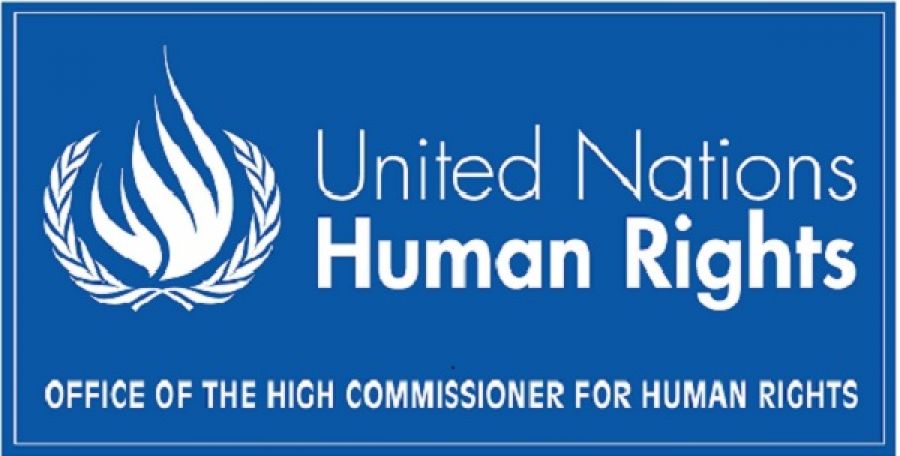
Committee on the Elimination of Racial Discrimination (CERD)
The Committee on the Elimination of Racial Discrimination (CERD) is the body of independent experts that monitors implementation of the Convention on the Elimination of All Forms of Racial Discrimination by its State parties.
Last update:
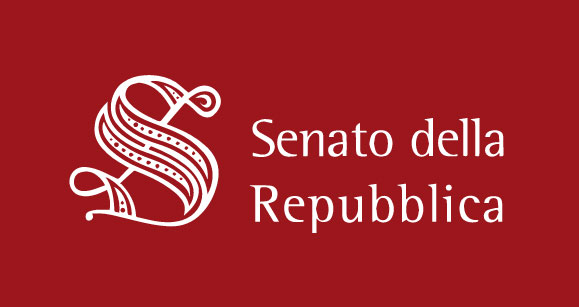
Extraordinary Commission for the Protection and Promotion of Human Rights, Senate of the Republic
The Senate Human Rights Commission is open to civil society and works in liaison with organisations that deal with fundamental human rights; it conveys its concerns to the government, the institutions and public opinion using the instruments of parliament and implementing its own initiatives.
Last update:

European Master’s Programme in Human Rights and Democratisation (E.MA)
The European Master's Programme in Human Rights and Democratisation (EMA) is a one-year, full-time course that provides a practice and policy-oriented approach to learning. It combines legal, political, historical, anthropological, and philosophical perspectives on human rights and democratisation with skill-building activities and a field trip exercise.
Last update:
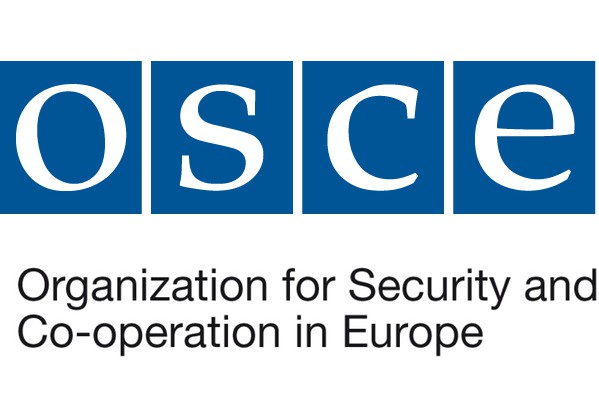
Special Representative and Co-ordinator for Combating Trafficking in Human Beings (CTHB)
The Office of Special Representative and Co-ordinator for Combating Trafficking in Human Beings was set up in 2003 to help participating States develop and implement effective in policies combating human trafficking.
Last update:
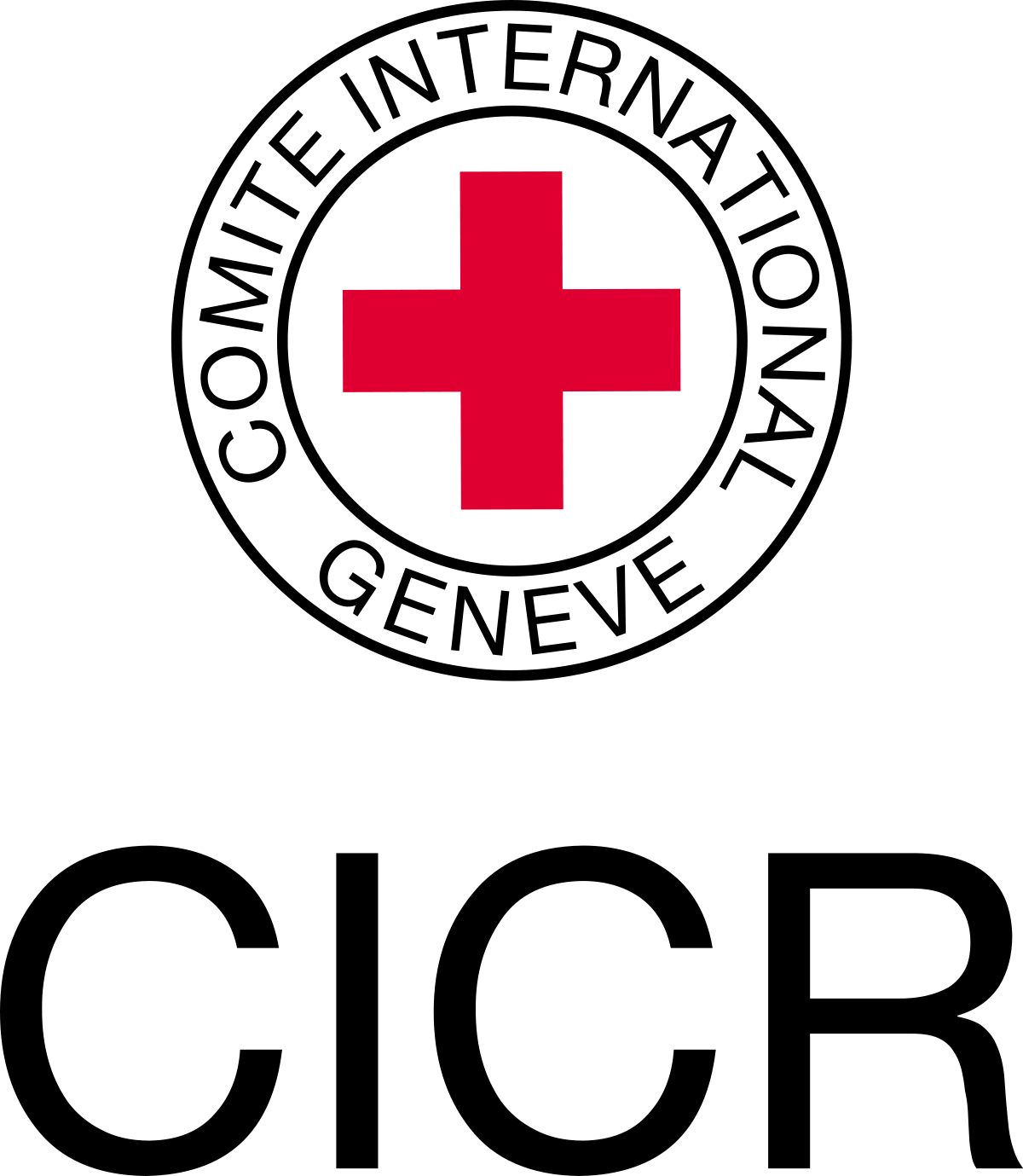
International Humanitarian Law Databases of the International Committee of the Red Cross
The ICRC’s International Humanitarian Law Databases are a searchable set of three databases containing IHL-related resources.
Last update:

International Committee of the Red Cross (ICRC)
An independent and neutral organization that operates worldwide, helping people affected by conflict and armed violence and promoting the laws that protect victims of war. Its mandate stems essentially from the Geneva Conventions of 1949.
Last update:

United Natrions, Treaty Bodies
The human rights treaty bodies are ten committees of independent experts that monitor implementation of the core international human rights treaties.
Last update:

European Union Agency for Fundamental Rights (FRA)
The Agency was established in 2007 for the purpose of providing assistance and expertise to European Union states in the field of fundamental rights. The site contains news and information relating to events, research projects and publications promoted by the Agency.
Last update:
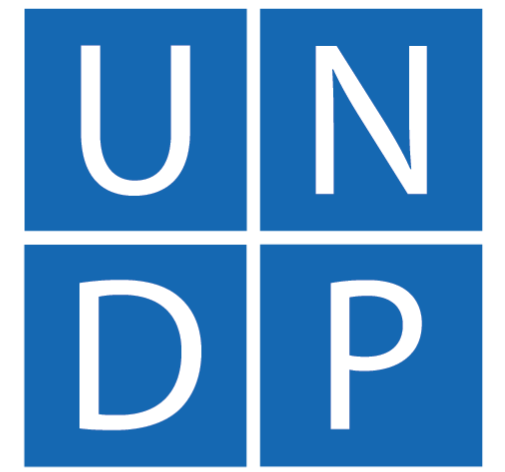
United Nations Development Programme (UNDP)
Global network for development, working to spread knowledge, experience and resources in all countries to help build a better life for each person. It is present in 177 countries.
Last update:

